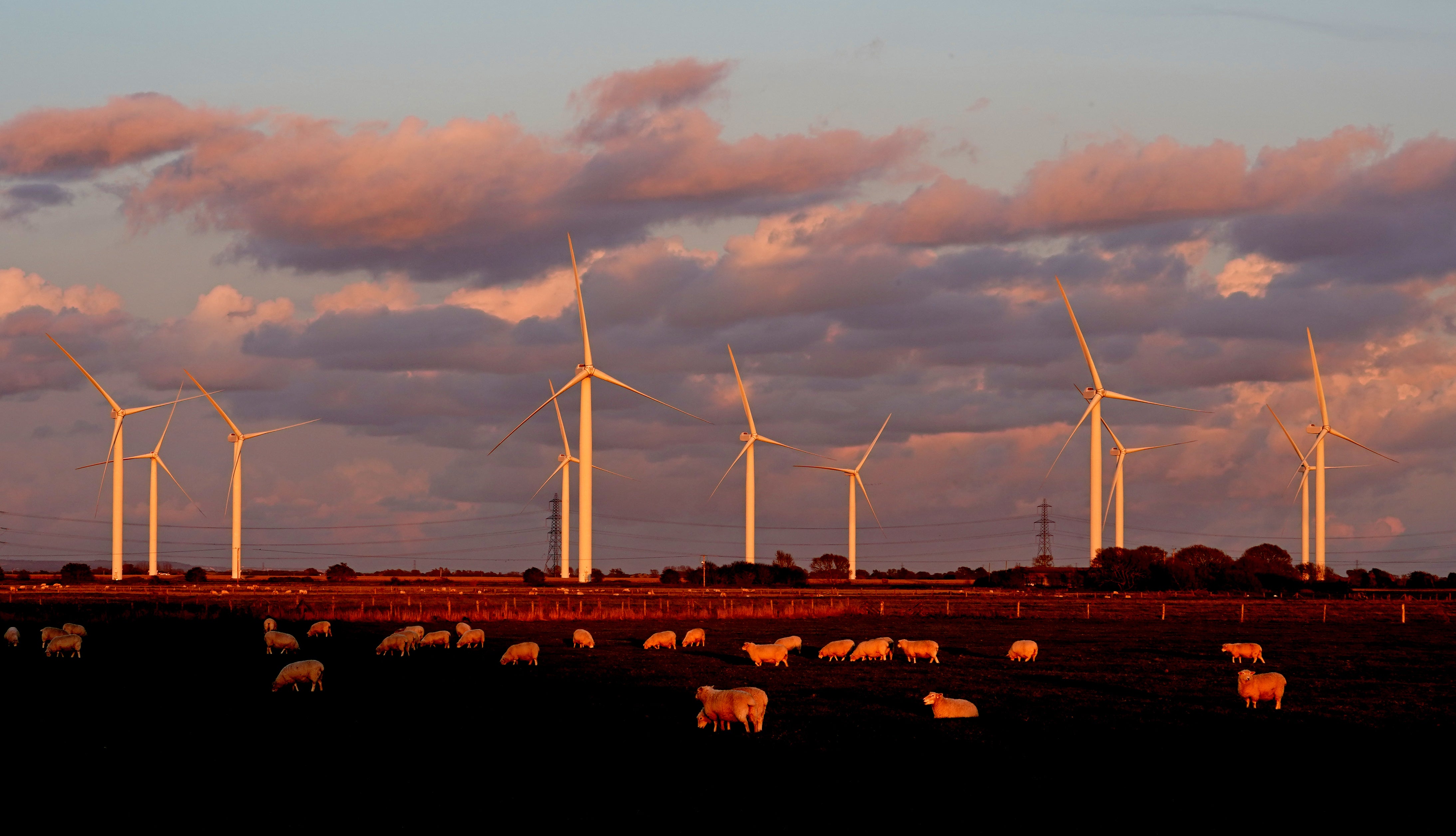Activist hedge fund Elliott calls for SSE break-up
The market undervalues SSE by £5 billion, the US investor said.

Your support helps us to tell the story
From reproductive rights to climate change to Big Tech, The Independent is on the ground when the story is developing. Whether it's investigating the financials of Elon Musk's pro-Trump PAC or producing our latest documentary, 'The A Word', which shines a light on the American women fighting for reproductive rights, we know how important it is to parse out the facts from the messaging.
At such a critical moment in US history, we need reporters on the ground. Your donation allows us to keep sending journalists to speak to both sides of the story.
The Independent is trusted by Americans across the entire political spectrum. And unlike many other quality news outlets, we choose not to lock Americans out of our reporting and analysis with paywalls. We believe quality journalism should be available to everyone, paid for by those who can afford it.
Your support makes all the difference.Activist hedge fund Elliott Management has publicly called for Scottish energy giant SSE to be broken up, a move which it claims could add more than £5 billion to the firm’s value.
Elliott said on Monday that it was unimpressed by a plan that SSE announced last month that would pour an extra £1 billion a year into wind farms and other investments.
After months of lobbying bosses behind closed doors, the US hedge fund on Monday launched a public broadside against the company.
“We believe the market ignores £5 billion of value because of SSE’s inefficient structure,” it said.
A split would allow a 30% jump from today’s valuation.
Simply put, Elliott’s argument hinges on a key point, which it claims many of the FTSE 100 firm’s rivals have already accepted.
The business is currently made up of two main parts – a business that builds wind turbines and other renewable generation, and a business that manages the electricity networks in parts of the UK.
But analysts claim that the two businesses would attract very separate investors if they were split.
Investors looking for stability from dividends would happily put their money into the networks arm, while those who want the company to invest and grow rapidly would throw money at the renewables arm.
But having the two together might be putting off both types of investor.
“Both companies would be able to tell their own unique equity stories clearly and focus on execution and appropriate capital allocation,” Elliott said in a letter to SSE’s chair on Monday.
“As a result, investors would be able to value each entity at its fair value without applying a conglomerate discount.”
SSE chief executive Alistair Phillips-Davies said that he developed SSE’s strategy that was released last month after talking to shareholders and taking independent advice.
“Separation risks valuable growth options across the clean energy value chain, would jeopardise our ability to finance and deliver the major infrastructure the UK needs to create jobs and achieve net zero, and would lose shared skills that benefit the group,” he said.
“Separation does not support the financing of our core growth businesses and would rule out adjacent growth options, as well as reducing the resilience of the business model – it is not the right outcome to maximise value for shareholders or our other stakeholders.”
Sources familiar with the situation suggested that the most important thing that SSE could do to placate Elliott would be appointing board members with experience of the renewables sector.
In its letter Elliott said that the board of SSE is “inadequate”.
“Not one of SSE’s independent board members has any meaningful operating experience in growing a large renewables business,” it said.
“This lack of expertise puts the company at a strong disadvantage to its competitors.”